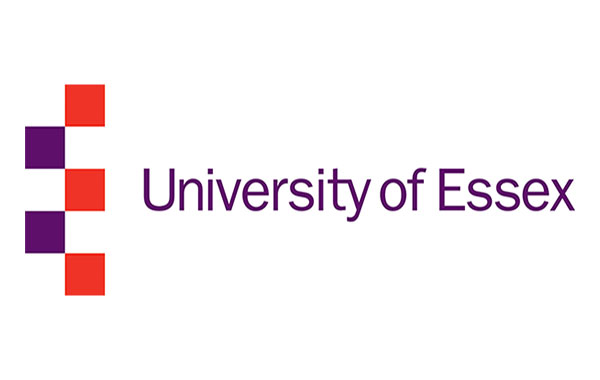The UK based University of Essex, a leading public research university globally recognised for its research strengths and innovations, recently hosted an open workshop on ‘Machine Learning & Artificial Intelligence’ at Taj Vivanta, Bangalore.
Artificial Intelligence (AI) and Machine Learning (ML) technologies are advancing at a remarkable speed and have the potential to improve people’s lives in profound ways — from helping diagnose diseases and breaking down language barriers to making businesses more efficient.
The workshop was conducted by Dr. Haider Raza, postdoctoral research fellow at University of Essex. Dr. Raza is well regarded for his pioneering research work on machine learning, non-stationary learning, brain-computer interfaces, EEG/MEG signal processing, and computational methods for health and biomedical informatics. The Workshop sought to explore various opportunities and ways to use Artificial Intelligence & Machine Learning to solve the current industrial and research challenges faced by people in the field of finance, healthcare, engineering, environmental, astronomical, business, human behaviour, creative design and much more.
The workshop was attended by over 50 students and 11 working professionals from across industries and professions in Bangalore.
In his introductory address on Artificial Intelligence & Machine Learning, Dr Raza highlighted various ways of leveraging AI across industries and business verticals by presenting actual case studies on security, nursing, government, social sciences, etc. Attendees were also introduced to the potential and limits of the latest artificial intelligence technologies and how successful careers can be forged in this field.
Speaking on the occasion Dr Raza, postdoctoral research fellow said, ‘It has been a pleasure to deliver a talk and it was well received by the audience. The students were pretty involved in the discussion after the talk. They asked about ethics in AI, limitation and future in data science. In nutshell, I have enjoyed interacting with them’.
